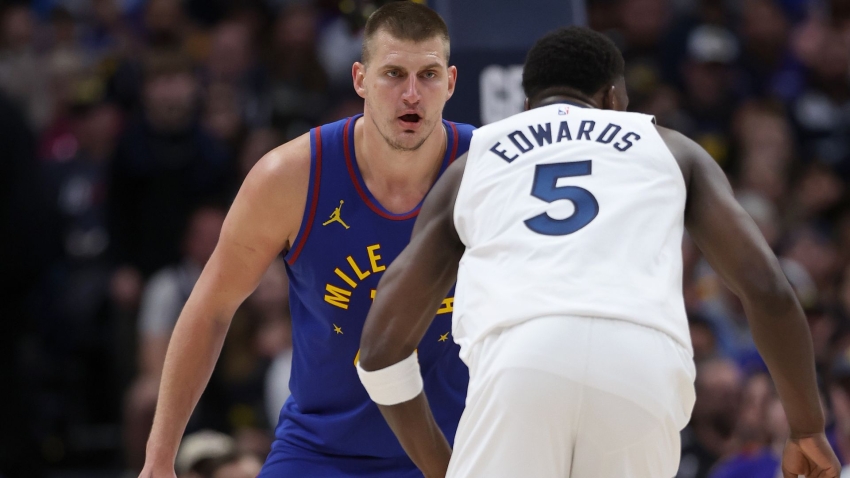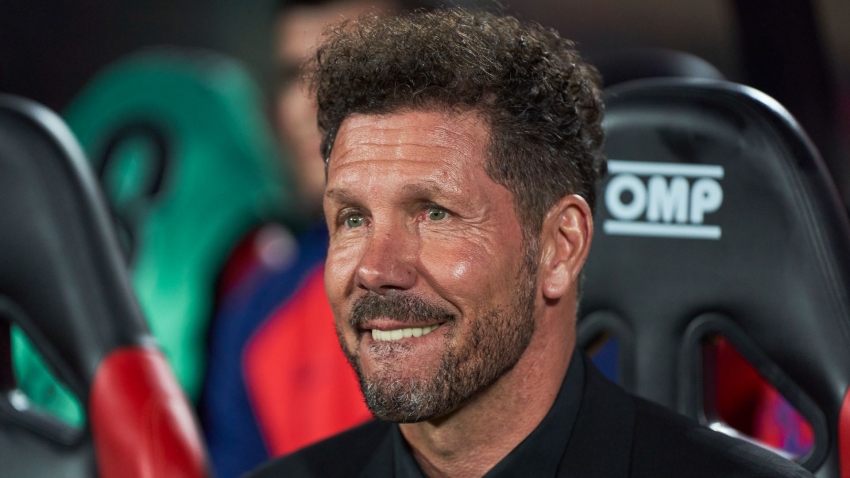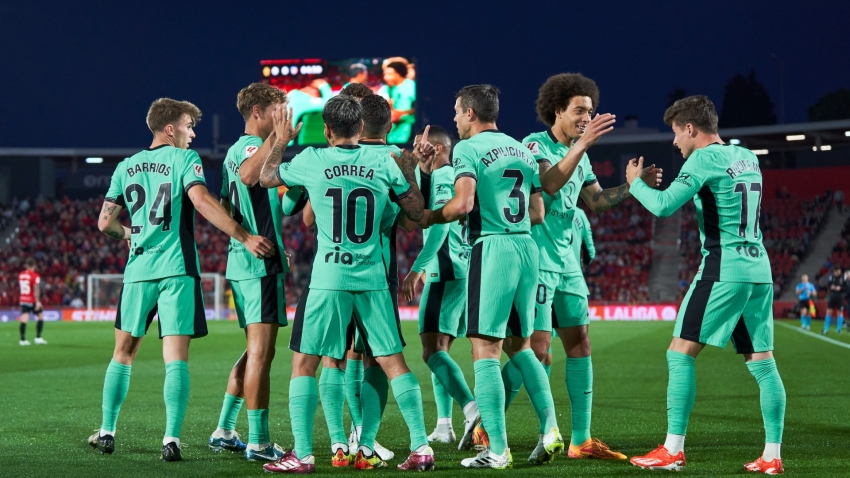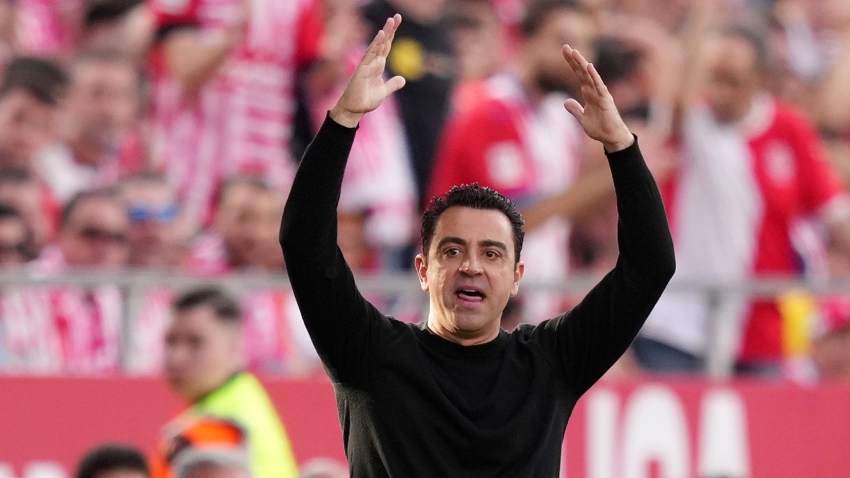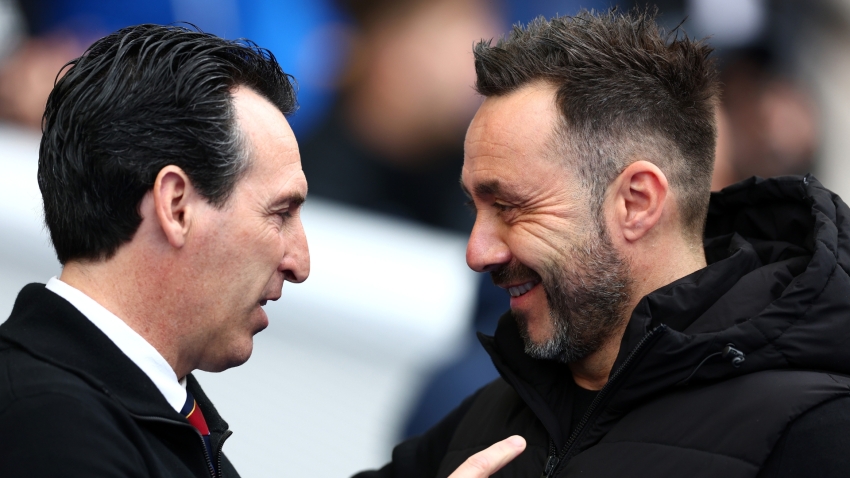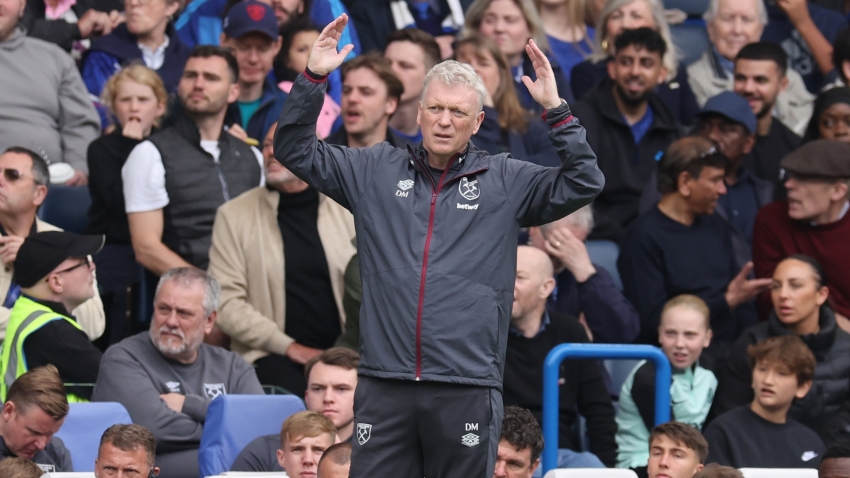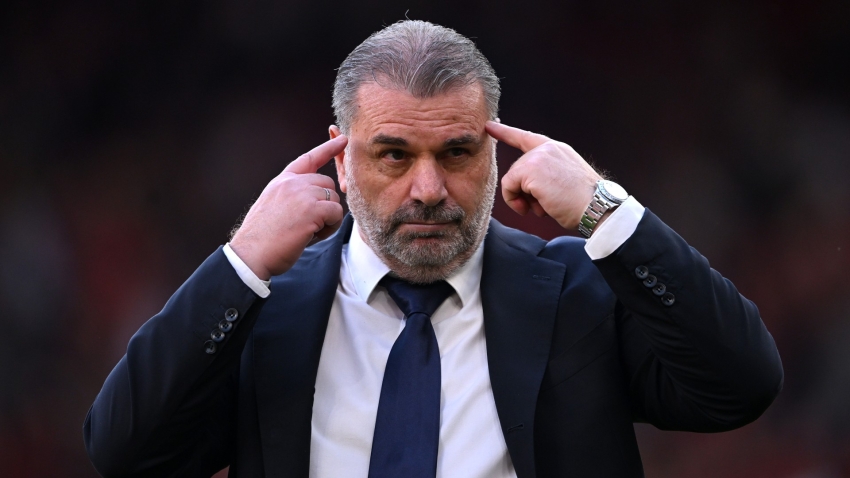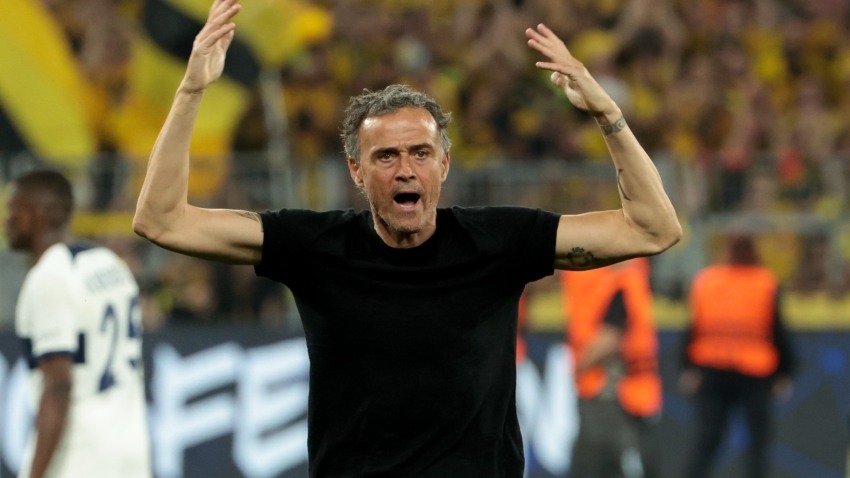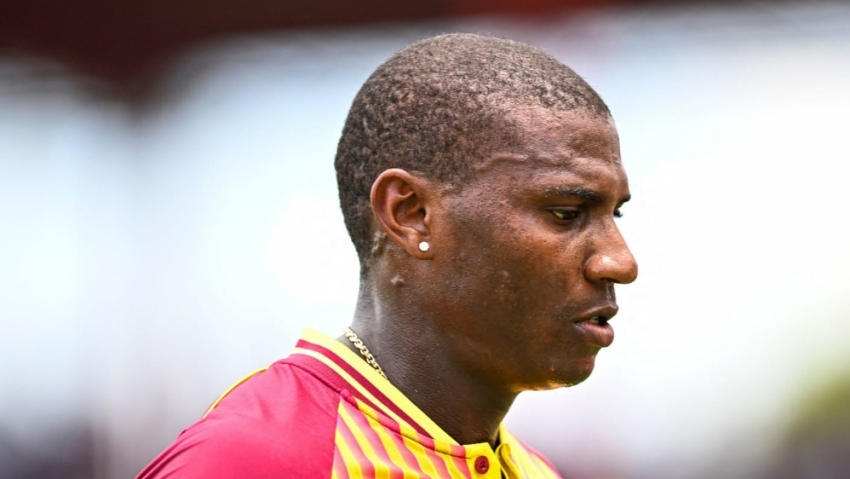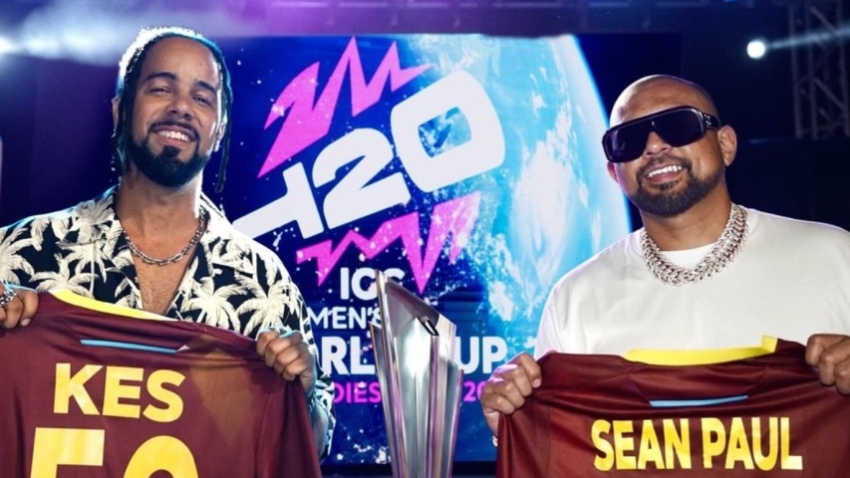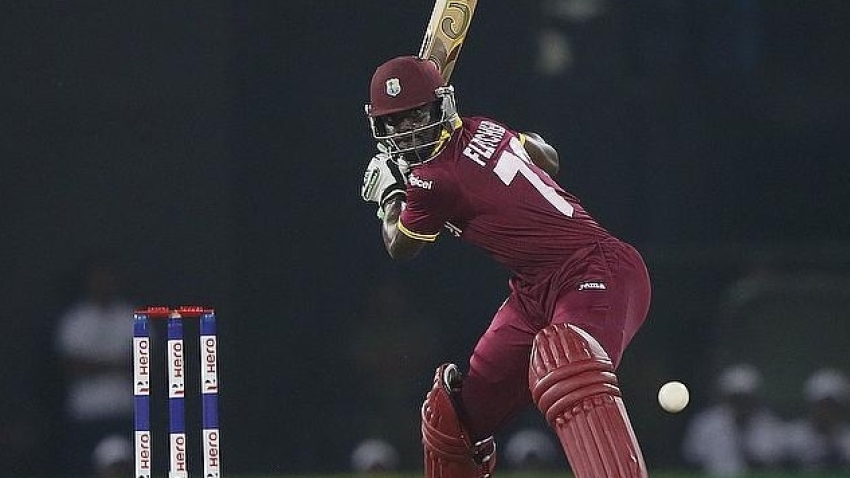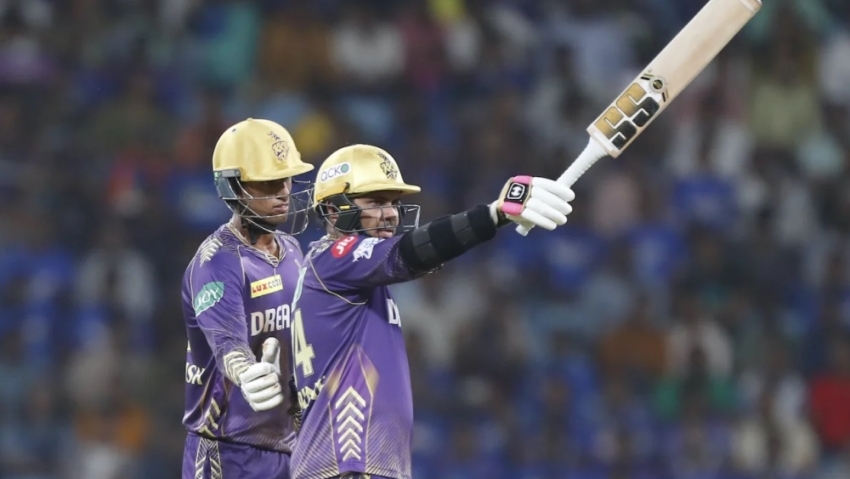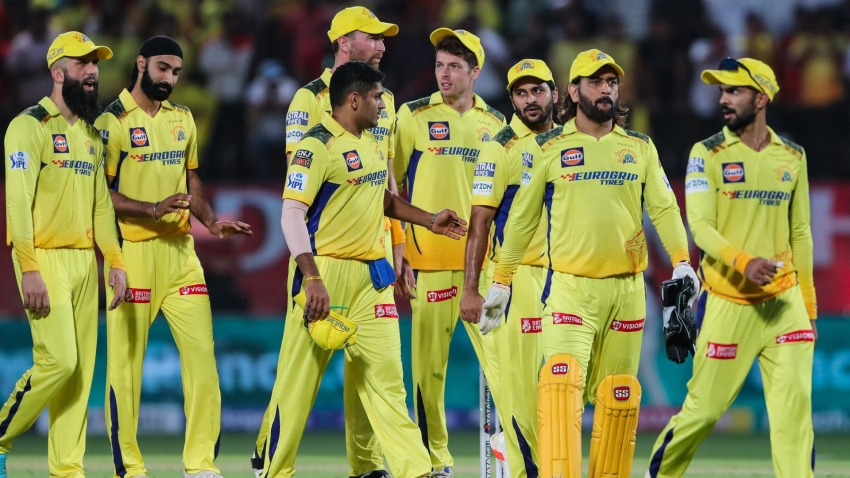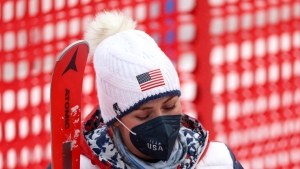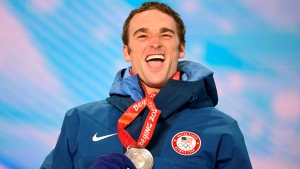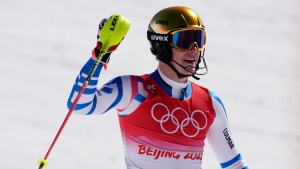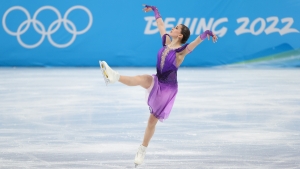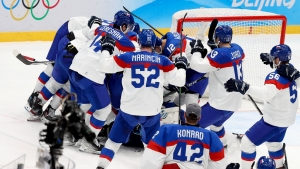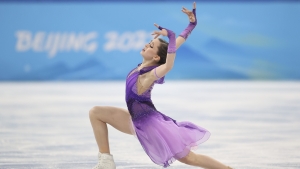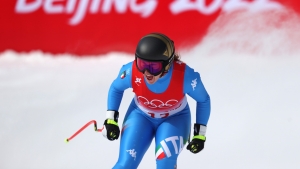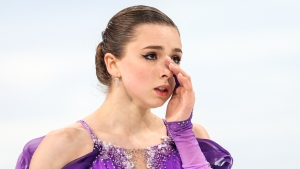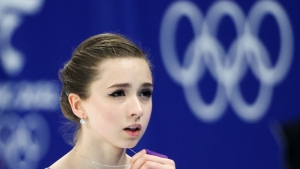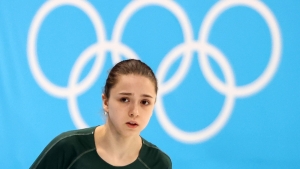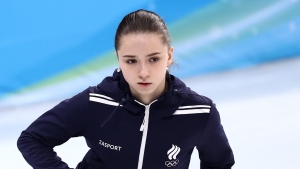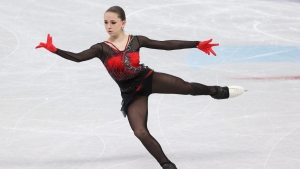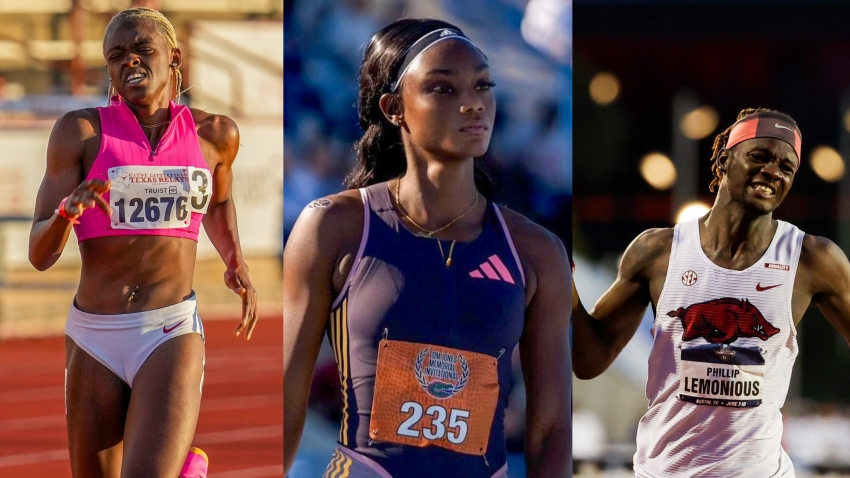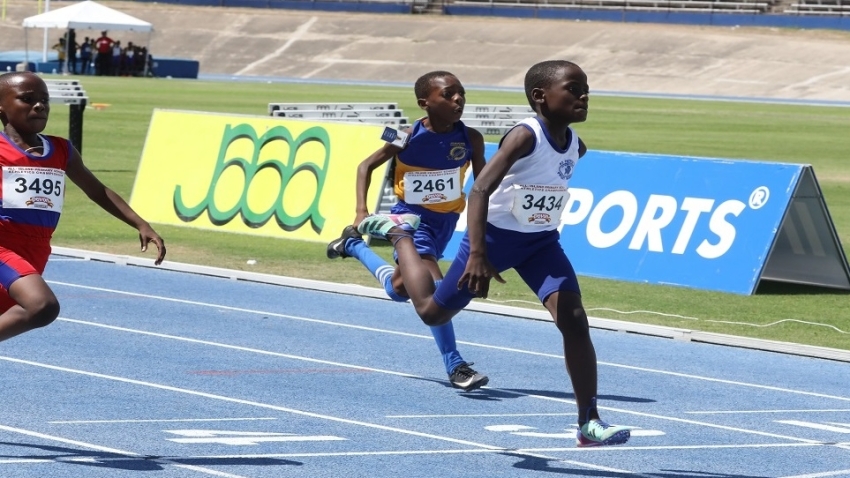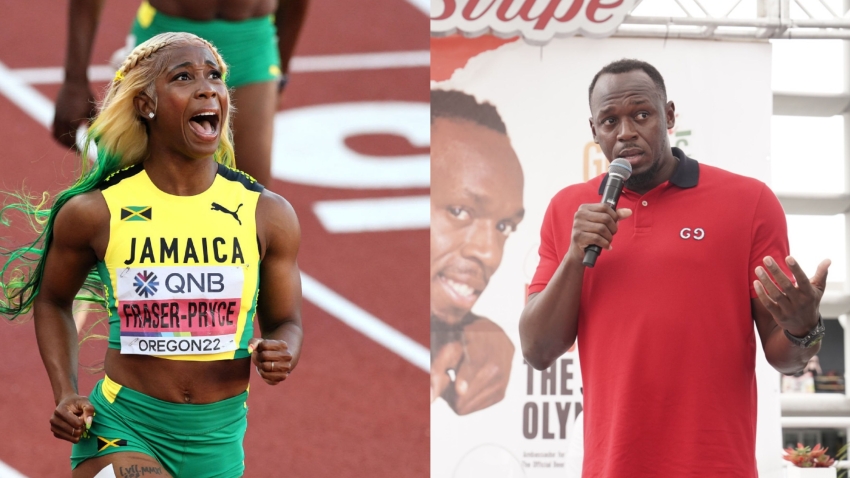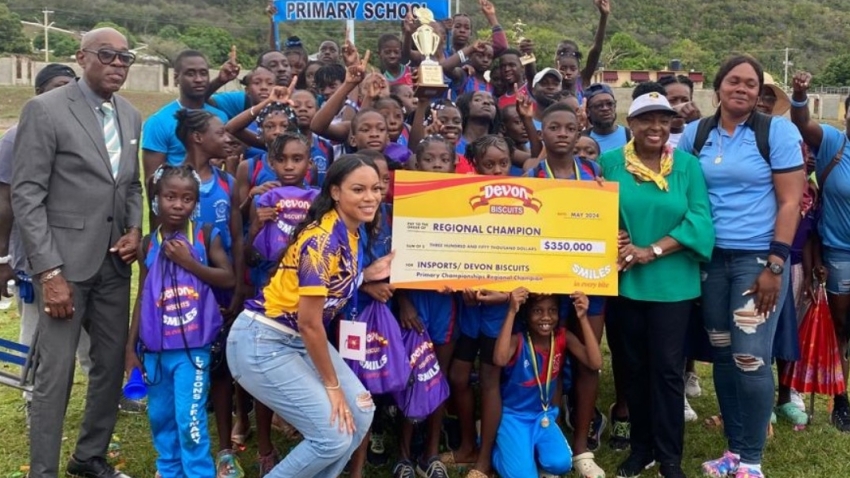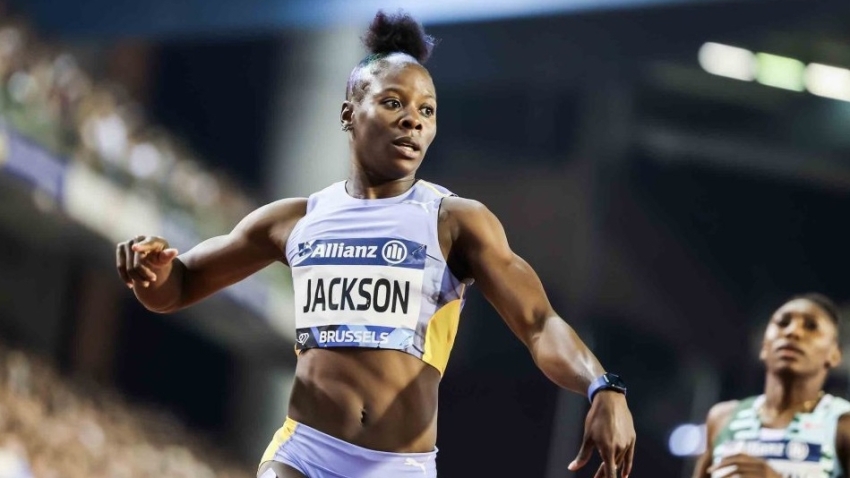The "Snow Princess" Eileen Gu will look to add to her women's freeski big air gold medal when she competes in the slopestyle event at Beijing 2022 on Tuesday.
Gu – representing host nation China at the Winter Olympics – only finished third in qualifying, but could once again be saving her best for the final in front of her many fans.
Elsewhere, Ester Ledecka became the first female athlete to claim gold in two separate sports at the same Winter Games back in 2018, and the Czech is out to repeat that achievement this time around.
Ledecka already has a parallel giant slalom snowboard title at these games but came up short in the super-G when she made the switch to skis, though she hopes to be ready for the downhill after having had some days of rest.
"I'm really looking forward to it because I didn't have much sleep these two days and I will prepare myself, as good as I can," Ledecka said after her super-G disappointment.
Here, Stats Perform previews these and the rest of Tuesday's medal events.
Alpine skiing
The flagship event of alpine skiing takes place on Tuesday with the women's downhill, and while all eyes will be on whether Ledecka can double up on her gold medals again, she is not really among the favourites heading into it.
Switzerland duo Priska Nufer and Joana Haehlen were fastest in the two training runs possible so far (the third was cancelled for bad weather on Sunday). It is another Swiss competitor, Lara Gut-Behrami, who will likely be the one to beat after her gold in the super-G and bronze in the giant slalom already in Beijing.
Defending champion Sofia Goggia of Italy will try to become only the second athlete after Katja Seizinger of Germany to retain an Olympic title in the downhill event.
Biathlon
Norway will be looking to continue their dominance when the men's 4x7.5km relay takes place, having won four of the seven gold medals on offer so far in biathlon, and nine medals in all.
They also won the final IBU World Cup 4x7.5km relay in Italy before the Olympics, beating Russia and Germany into second and third.
Bobsleigh
Germany are in pole position to be among the medals in the two-man event after the first two heats, with Francesco Friedrich leading the way with a combined time of one minute, 58.38 seconds, ahead of compatriot Johannes Lochner (+0.15 seconds) and the Russian Olympic Committee's Rostislav Gaitiukevich (+0.94 seconds).
It already seems unlikely that anyone other than the highly decorated Friedrich or Lochner will take the gold when the final two heats happen on Tuesday, but another German, Christoph Hafer, as well as Michael Vogt (Switzerland) and Benjamin Maier (Austria) remain in with a chance of troubling the race for bronze.
Freestyle skiing
While Gu will be the headline act as the 2021 slopestyle world champion, her second run score of 79.38 was good enough only for third in qualifying, with Estonia's Kelly Sildaru finishing first with an 86.15, and Norway's Johanne Killi second on 86.00.
France's Tess Ledeux will be hoping to make up for missing out on a win in the big air, while defending champion Sarah Hoefflin of Switzerland surprisingly failed to qualify, finishing in 20th place.
Nordic combined
The individual Gundersen large hill 10km takes place on Tuesday, an event in which all three medals were won by Germany at PyeongChang 2018.
Though German Vinzenz Geiger won gold in the normal hill event on Wednesday, strong competition is expected again from Norway's Joergen Graabak and Austria's Lukas Greiderer, who took silver and bronze in the normal hill event.
Question marks remain over the involvement of pre-Olympics favourites Jarl Magnus Riiber (Norway) and Kristjan Ilves (Estonia) after both tested positive for COVID-19, but the latter was recently able to leave isolation and took part in official training.
Snowboard
Big things are again expected of New Zealand's Zoi Sadowski-Synnott in the women's big air final, having already won gold in the slopestyle event.
"I've got a new trick I've been working on," she promised after being the only qualifier to score over 90 on Monday. "I've had to reset since slopestyle, put that gold to the back of my mind. It hasn't sunk in yet. But I'm pretty stoked to put those jumps down."
In the men's event, Canada's Mark McMorris will try to become the first snowboarder to win four Olympic medals, while compatriot Max Parrot is looking to follow up on his gold in the slopestyle, which would make him the first snowboarder to win two gold medals at the same Olympic Games.
Speed skating
The women's team pursuit sees Japan defend their title from 2018, while the Netherlands will be hoping to add to their four gold medals (eight overall) in speed skating, while also getting revenge for losing their 2014 title in the final in PyeongChang.
The men's event has been an open contest since its introduction in 2006, with no country having won gold more than once. All the former champions – Italy, Canada, Netherlands and Norway – have qualified for the event, but Netherlands will likely be favourites having won 12 of 13 world championships in this event.





